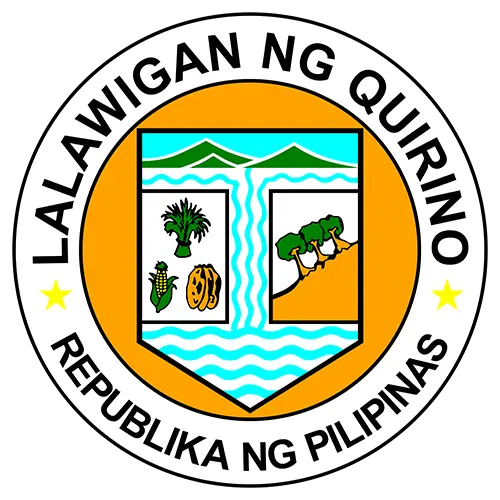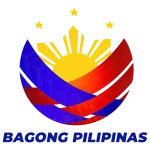At the height of the onslaught of the Covid-19 pandemic in 2020, netizens were horrified to see pictures of tons of tomatoes dumped on the roadside of Quirino province due to excessive supply and low market prices.
A dejected Quirino Gov. Dakila Carlo Cua called the ghastly sight as the “libingan ng mga pangarap ng mga magsasaka” or graveyard of farmers’ hopes.
“The difficulty in marketing the produce of our farmers can be attributed partly to the COVID-19 pandemic, but as a public servant, I felt some guilt that we, in government, are not giving enough assistance and support to our farmers,” the governor lamented.
To address the problem, Cua immediately formed a team from the Office of the Governor, the Provincial Agriculturist, and other LGU units in charge of economic enterprise, tourism, nutrition, engineering, trade and industry, science and technology, as well as the representative of the National Irrigation Administration to look into the problems of the farmers.
The team devised interventions such as developing a direct distribution channel for the farmers’ produce from the farm directly to the consumers, and the scheme worked.
It was during this period when the Quirino Farmers Market was established at the provincial capitol grounds wherein provincial and national government agencies joined forces to assist the farmers in bringing their produce to the market and at the same time providing them with links to institutional buyers.
Fully aware that this is not the only problem that the farmers are facing, the governor said the government must give them a fighting chance to achieve their dreams by providing a holistic program that includes the following: low-interest loans, eliminating the middlemen, and increasing the revenue of farmers.
He also said market matching and market study are needed to avoid overproduction including the construction of irrigation facilities, improvement of farm-to-market roads, designating agricultural technicians to teach the farmers, organizing and training farmers, and establishment of storage and processing facilities near the farms.
The Q-LIFE or Quirino Livelihood for Everyone program of the provincial government offers livelihood loans with minimal interest to farmers, fisherfolk, hog raisers, and ambulant vendors where borrowers can pay their loans by selling their produce to the Q-LIFE processing center.
Source: PIA


